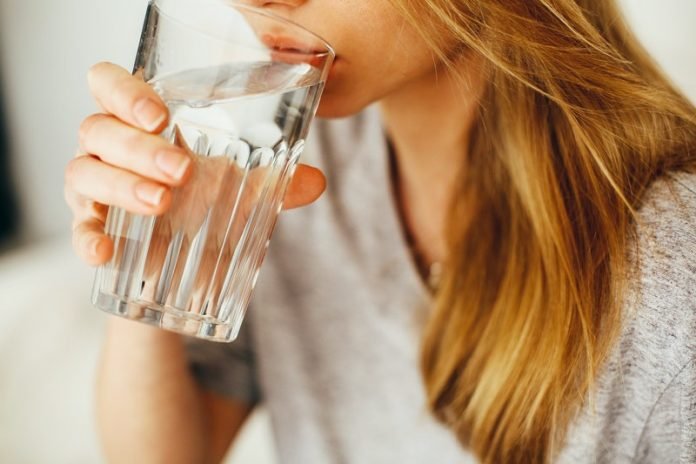
Summertime means lots of people are outside dealing with the heat—some by choice and some because they have to.
Whatever the reason, staying hydrated is the key to dealing with hotter temperatures, said a Baylor College of Medicine physician.
“The rule of thumb is, if you’re thirsty, you’re already dehydrated. So keep well hydrated by drinking plenty of water, even before you begin your outdoor activity,” said Dr. Irvin Sulapas, a primary care sports medicine physician and assistant professor of family and community medicine at Baylor.
This applies to people who work out or play sports outdoors as well as those whose jobs keep them outside day in and day out, like electricians and yard maintenance workers.
In fact, Sulapas said those are the people he is particularly worried about because of their prolonged heat exposure.
When the body becomes dehydrated, it works to retain fluids lost through sweating by decreasing urinary output.
Constipation also can result as the body works to retain water. Dehydration also involves the cardiovascular system, resulting in decreased blood pressure and increased pulse.
“The whole body is essentially trying to conserve water despite you sweating it out,” he said.
“The body can tolerate 1 to 2 percent of water loss but anything more than that will present problems. This will decrease your work or athletic performance.”
Signs of dehydration include:
Excessive sweating
Thirst
Decreased urine output or darkly colored urine
Headache
Fatigue
Cramping
Dizziness
When these symptoms are present, it’s time to take a rest in the shade or indoors and rehydrate with water.
Sulapas recommends people doing labor-intensive activities, like running or heavy yard work, drink a beverage with electrolytes to replenish the sodium that is lost through sweating.
If a person collapses or experiences a change in mental status, such as not making sense, call 9-1-1.
Eating a well-balanced meal also is important for hydration, Sulapas said. “Food intake can also be counted as hydration, because it includes carbohydrates and sodium that you need to maintain hydration.”
In addition, anyone who is a going to be outside for a prolonged period or for an intense activity should avoid excessive caffeine intake.
A little bit of coffee is fine for those who are used to it, but sodas actually increase thirst. Alcohol, which acts a diuretic and leads to dehydration, also should be avoided.
Dehydration can affect people of all ages and all fitness levels, Sulapas warned.
Written by Dana Benson.
If you care about nutrition, please read studies about drinking milk may help reduce your heart disease risk and findings of drinking coffee may help reduce heart failure risk.
For more information about nutrition and your health, please see recent studies about long-term alcohol drinking may lead to these mental problems and results showing that these jobs may be linked to higher risk of heavy drinking.



